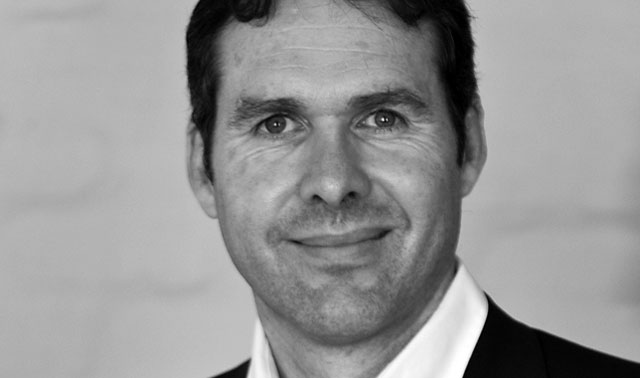
A Western Cape-based company that specialises in machine learning and artificial intelligence (AI) to help companies’ call centre operations and other parts of their business be more efficient, is now eyeing global expansion.
But the aim, says co-CEO Ryan Falkenberg, is not to use AI to replace people but rather to make them more effective at what they do.
The company, Clevva, which is based on the Avontuur wine farm outside Stellenbosch, claims to be able to “clone” an organisation’s key experts, giving everyone access to their advice through software. It’s won a number of big contracts with South African clients, and has secured its first international customer, too.
“We are now looking at rolling out in the UK and Australia, with the US to follow in 12-18 months,” said Falkenberg, who started the business with his brother Dayne. The pair have bootstrapped the company and, to date, it hasn’t had to go to the market for additional funding.
In short, Clevva develops a Web-based platform that allows companies to build, manage, track and deploy their own “virtual advisers” or “bots”, which then act as online experts, helping staff or customers make the right decisions and take the right actions in line with policy and procedural rules.
In a call centre, for example, an agent would be assisted by the virtual adviser as he or she went through a call with a customer. The idea, said Falkenberg, is to capture organisational expertise rather than simple information.
“We asked, why are we trying to get people to repeat formulae that we already know? Instead of giving you a decision-making map, why don’t I give you a decision-making GPS?” he said.
“This is AI for people, not to replace you, but to assist you. If you look at our skills gap, we cannot train away our skills crisis.”
After searching internationally for a relevant technology solution and not finding one, the brothers set out to build their own.
They bought a Western Cape company called Base10, which made business software for small and medium enterprises, and, while retaining the development team, completely re-purposed it to create Clevva.
They set about building a platform that someone without coding skills could use to deploy virtual assistants in their organisations. “In AI globally, there are some mind-blowing technologies. But they’re not simple to use,” he said.
Companies can now focus now on employing more people, giving them a virtual adviser or coach, and not worry about them making mistakes
After 18 months of development, Clevva released the first version of its software, targeted at the sales function in organisations.
It quickly gained traction among corporate customers.
One of the country’s biggest vehicle and asset finance companies, which Falkenberg said he does not have permission to name, asked Clevva to add its technology to its contact centre to help agents handle inbound calls.
“They later purchased an enterprise licence to allow them to build virtual advisers across the organisation.”
He said Clevva can help get new call centre agents up to speed much quicker because they don’t need to learn everything about the processes and procedures upfront.
“You can on-board a contact centre agent within a week, and just teach them about excellent customer service. Previously unemployable people become employable. They might not have the knowledge immediately, but they already have great emotional intelligence [needed to be good at call centre work],” he said.
“Companies can now focus now on employing more people, giving them a virtual adviser or coach, and not worry about them making mistakes. People become assets rather than liabilities.”
We have every intention to be known as the technology most companies use to start AI in their businesses
The company has since moved more fully into the banking space and is now building a virtual financial adviser that can diagnose customer needs. It’s also working on a virtual human resources adviser.
Although the business is self-funded, Falkenberg said Clevva will approach venture capitalists to help it expand.
“Our aim, though, is to unlock [opportunities] as quickly as we can without needing that. We have the technology already, and we also starting to get great partners like Accenture and Singular Systems, who have the capacity to go into big clients.”
Clevva currently has eight people in its core team, though it also works with external user interface and development teams.
Falkenberg said Clevva is “dreaming big” about its global ambitions.
“We have every intention to be known as the technology most companies use to start AI in their businesses,” he said.
“We want to be the best at AI that is easy to on-board and powerful enough to handle complex data and we want to become a major player internationally.”
What skills are necessary to join the Clevva development team?
“There are courses in machine learning at universities, but what we have found in our developers is that you need a passion to become a specialist at this. You have to love this,” Falkenberg said.
“Secondly, it’s important to have the ability to handle complex logic and relationships and to think quite creatively to problem-solve what might seem like impossible data models.”
He said Clevva is hoping to kick-start a working group of people in the machine learning and AI space in South Africa so as to “share experiences and learnings and help each other become stronger”.
He hopes to have the first of these informal meet-ups by the end of August in Johannesburg and Cape Town.
“AI’s time has arrived and we now need to make it practical and workable in companies,” he said. “We need to share our learnings.” — © 2016 NewsCentral Media




